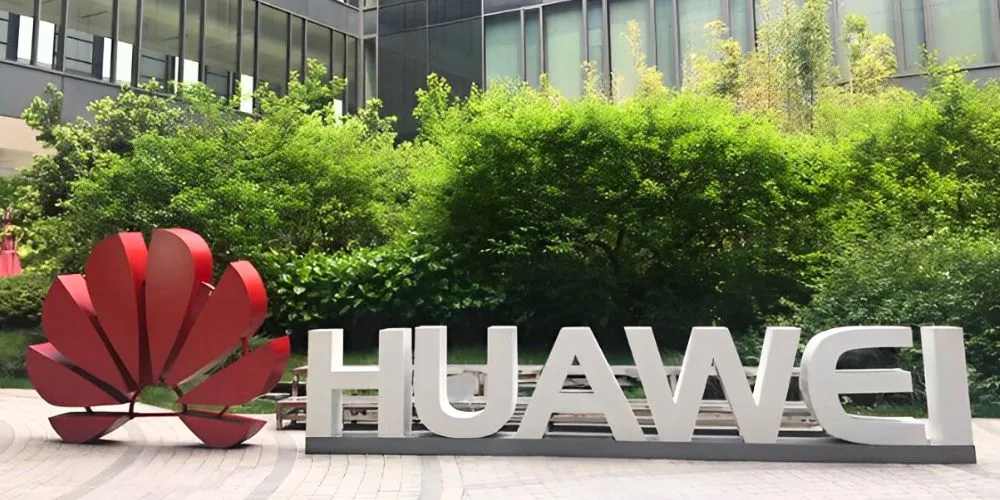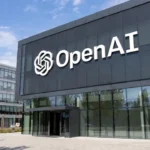Key Points
- An entity named HonestAGI accused Huawei of copying Alibaba’s Qwen 2.5 AI model, claiming its Pangu Pro was “upcycled” rather than original.
- Huawei’s Noah Ark Lab denied the claims, stating its model was developed independently with unique features.
- Huawei emphasized that Pangu Pro was the first large model trained entirely on its own Ascend chips.
- The incident highlights the intense competition in China’s AI industry, where companies are racing to innovate.
Huawei’s artificial intelligence division is pushing back against claims that its new Pangu Pro language model is a copy of a model from its rival, Alibaba. The research team, known as Noah Ark Lab, stated that it developed and trained its AI independently.
The controversy began when an unknown group, HonestAGI, published a paper on the code-sharing site GitHub. The paper argued that Huawei’s Pangu Pro model showed a striking similarity to Alibaba’s Qwen 2.5 model. It suggested that Huawei didn’t build its model from the ground up but simply “upcycled” Alibaba’s existing work.
This claim sparked widespread debate online and in the Chinese tech community. The paper went further, suggesting potential copyright violations and accusing Huawei of falsifying information in its technical reports and misrepresenting its investment in AI training.
In response, Noah Ark Lab issued a firm denial. The lab insisted its model was not an “incremental training of other manufacturers’ models.” It highlighted that Pangu Pro features unique design innovations and is the first major model built entirely on Huawei’s own Ascend computer chips.
The lab also noted that, although it used some third-party open-source code, its team strictly adhered to all licensing rules. The statement did not specify which open-source models it referenced.
This dispute comes amid fierce competition in China’s AI sector. Huawei, an early entrant in the AI race, has been seen as lagging behind competitors recently. To boost its presence, Huawei made its Pangu Pro models available for free to developers in late June.
While Alibaba’s Qwen AI is more geared toward consumers like ChatGPT, Huawei’s Pangu models are primarily used by government, finance, and manufacturing clients. Alibaba has not yet commented on the matter, and the identity of HonestAGI remains a mystery.




